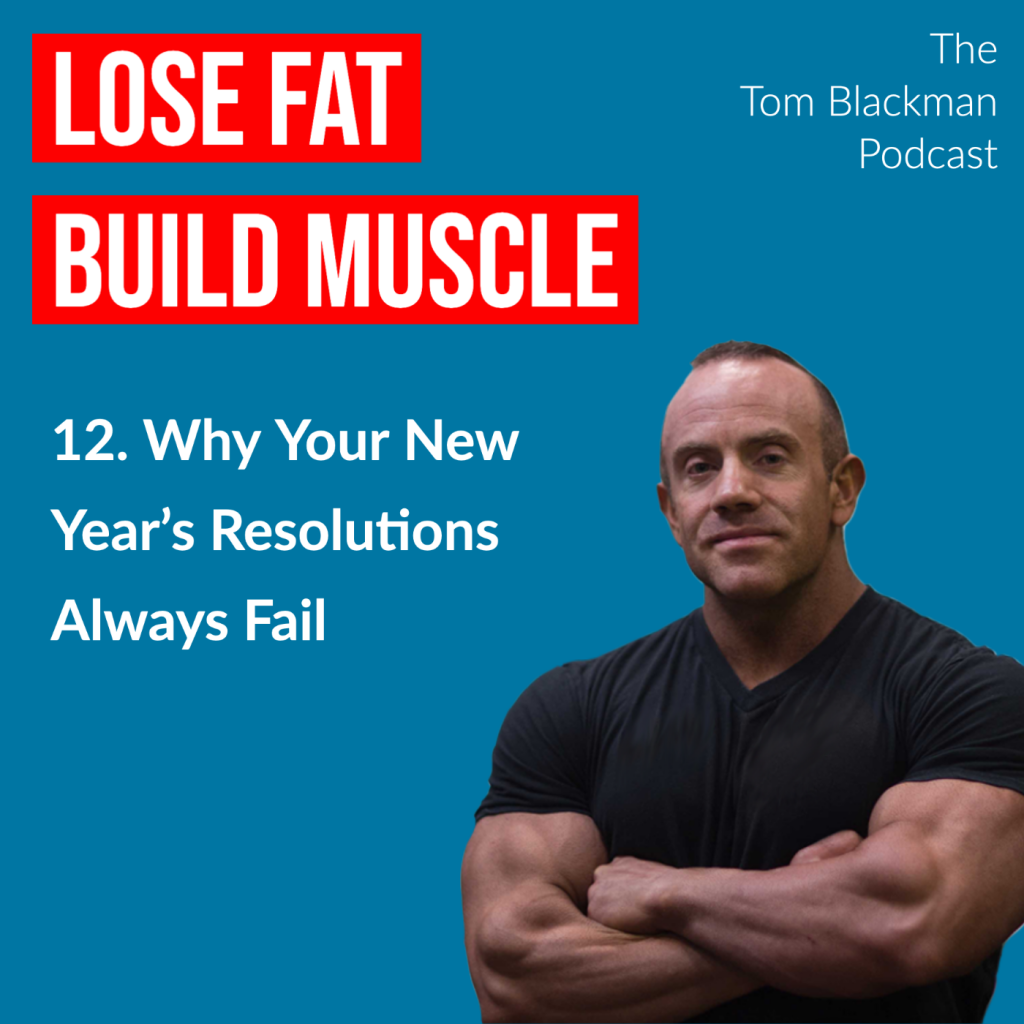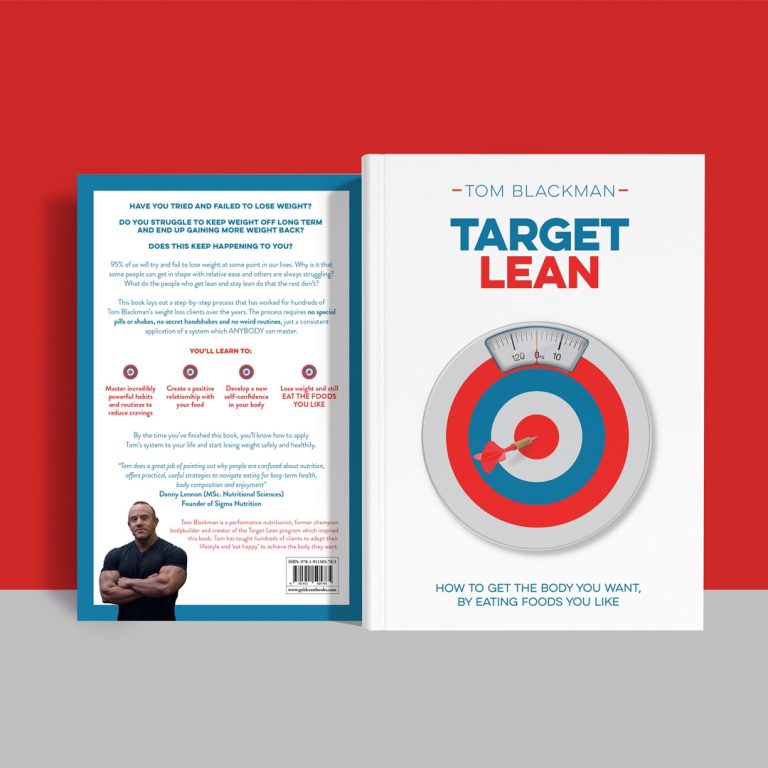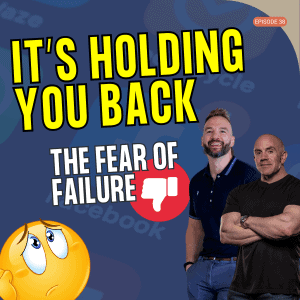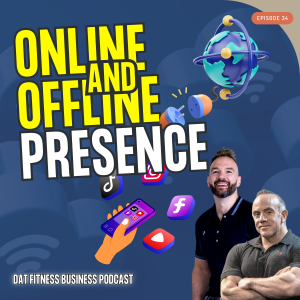How to make sure that new year’s resolution list gets completed instead of forgotten
There are 4 main reasons why new year’s resolutions fail. Every year people dream up things they want to change with their lives and every year they fail.
Why?
You start off with a ton of motivation to succeed and you really want to make the change so why do you fail?
In this article you’ll learn the 4 main reasons why new year’s resolutions fail and also what you can do to stop that happening.
I’ll cover
- SMART objectives
- Systems over Goals
- Rapid course change vs 1% direction
- Environment dictates performance
Watch the video at the end or listen to the podcast for more information
Changing bad habits into good habits
For many people New Year’s Resolutions are about changing bad habits.
- Stopping smoking
- Stop snacking
- Improve productivity
- Be on time
- Exercise more
The problem that they encounter is that the bad habits are so ingrained into their lives that they need a big shift to change. They know this but unfortunately the logical solution is not the one you want to take
Little Changes vs Big Shifts in changing your lifestyle
Imagine you were trying to cross a fast moving river to get to the other side.
If you went in a straight line to the other side with the current always pushing against you it will be very difficult and you’ll likely get swept away. The safe exit is to return back to the bank you came from.
Now think about moving in a diagonal direction with the current so you finish further upstream but you successfully make the crossing without much trouble.
This is the difference between rapid shifts and little changes.
Although the little changes seem like nothing happens and you are getting swept along with your previous life, you are gradually moving your position and adapting to change.
When you reach the other side the bank you came from seems like such a far distance away and you can’t see yourself going back there.
This is why I don’t promote rapid fat loss plans or excessive workout systems in clients trying to change their body.
The more votes that you cast for your new lifestyle the more you will move towards that lifestyle.
Having SMART objectives to achieve New Year’s Resolutions
You have probably heard SMART objectives before
- Specific
- Measured
- Achievable
- Realistic
- Timed
To be able to successfully transform your body a SMART mentality is needed.
For example –
“I want to lose weight” contains none of these objectives, it’s just a random statement.
“I want to lose 30lbs in 3 weeks” – Is specific, measured and timed but not realistic and might be achievable with extreme methods but won’t be a long term solution.
“I want to lose 30lbs in 6 months so that I can get into my jeans and shirt and look great on the beach for my holiday in July” Is a SMART objective and it’s more likely to be successful.
Having a systems approach as opposed to a goal approach
This may seem counter intuitive especially if you’ve set yourself a SMART goal. However the goal is where you want to be and you’ll need systems to support that journey.
If you were going to climb Mount Everest you wouldn’t just get a few of your mates and go for a jolly nice walk.
You’d need training in walking, hiking, camping, extreme weather survival and also plan out your route with stops.
New Year's Resolutions succeed when systems are in place
With any goal which has a long term objective such as weight loss the goal is not to lose the weight but to keep it off. This requires a systems approach so that you can maintain that weight loss.
Unless you are a competitive athlete, like a physique athlete looking to get shredded for a show, the weight or fat loss you want will be long term. No one loses weight to get there, give themselves a pat on the back and then nose dive a plate of donuts.
What about Mount Everest? Surely that’s a goal?
Yes but you want to make it down alive to tell people you achieved it don’t you?
Same with weight loss – I’ve seen many people completely mess themselves up with weight loss programs that drive extreme methods and result in more weight regain and eating disorders.
You want to survive and tell the story.
Watch the video or listen to the podcast for more ideas and the final piece of the puzzle that you need to put in place.
Other content related to this topic
Podcast (tomblackmanpodcast): Play in new window | Download
Subscribe: Apple Podcasts | Spotify | Android | Blubrry | Deezer | RSS







